President Évariste Ndayishimiye has justified placing Burundi’s central bank, the Bank of the Republic of Burundi (BRB), under presidential oversight, citing the need for close monitoring of monetary transfers during an unprecedented economic crisis.
Speaking on the occasion of the BRB’s 60th anniversary, President Ndayishimiye attributed the country’s financial woes to mismanagement within state institutions and emphasized the importance of direct control to prevent further economic deterioration.
“The central bank is not managed by the Ministry of Finance anymore because, in the past, the ministry authorized monetary movements as it pleased. This led to funds being misused, like the money allocated for the Mpanda Dam project, which was released without the dam being constructed,” President Ndayishimiye said. He criticized government officials for failing to manage public funds responsibly, adding, “Is there any institution the head of state does not oversee?”
Civil society organizations, however, have raised concerns about the implications of the presidency’s control over the central bank. The Observatory for the Fight against Corruption and Economic Embezzlement (OLUCOME) argues that this move has exacerbated the country’s economic challenges. Gabriel Rufyiri, OLUCOME’s president, has called for the BRB to regain its independence to ensure greater transparency in managing scarce foreign currency reserves.
“The limited foreign currencies we have must be managed transparently so they don’t exclusively benefit the elite, as we’re seeing today,” Rufyiri said at a press conference in November.
Burundi is currently grappling with severe fuel shortages and a lack of foreign currency, which has disrupted key sectors of the economy. While President Ndayishimiye attributes the crisis to what he described as “propaganda by unnamed individuals claiming the country is poor,” he urged Burundians to increase production and exports to boost the nation’s foreign exchange reserves.
Earlier in December, the president made significant changes in financial leadership, appointing a new finance minister and a new director-general of the Burundi Revenue Authority (OBR). These appointments followed revelations of a scandal involving the disappearance of over 110 billion Burundian francs within just four months.
As the country navigates these challenges, the debate over the central bank’s independence remains a focal point, with critics arguing that restoring institutional autonomy is key to stabilizing Burundi’s economy.

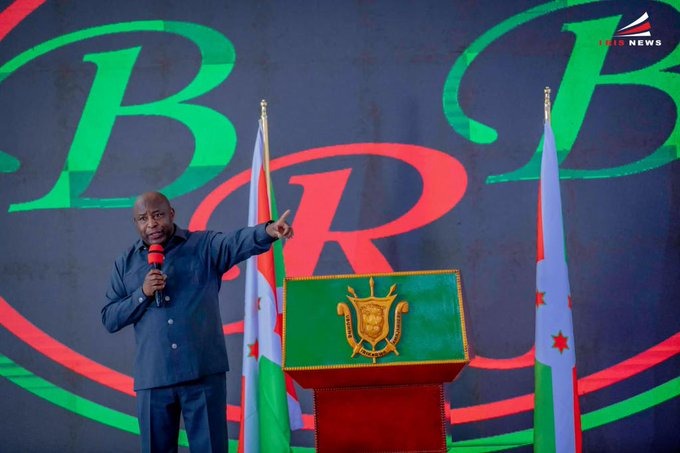

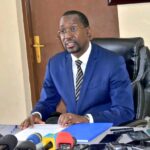
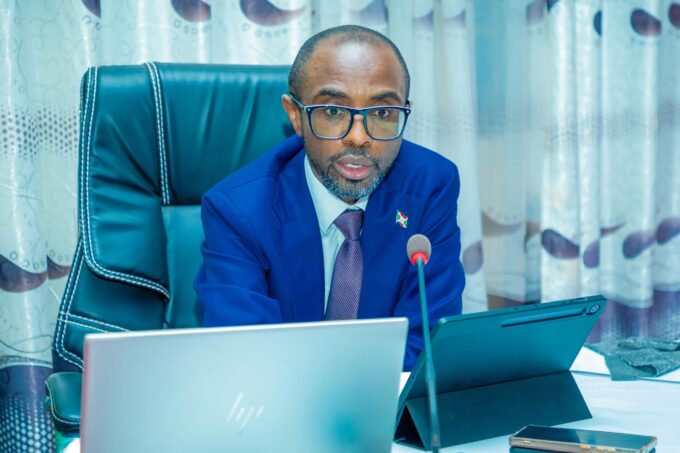
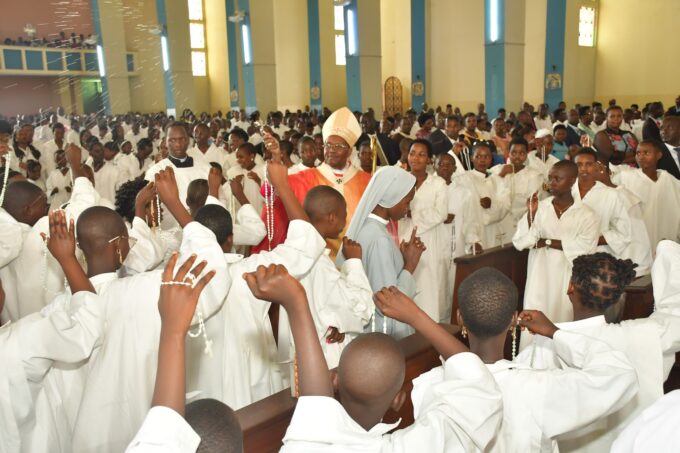
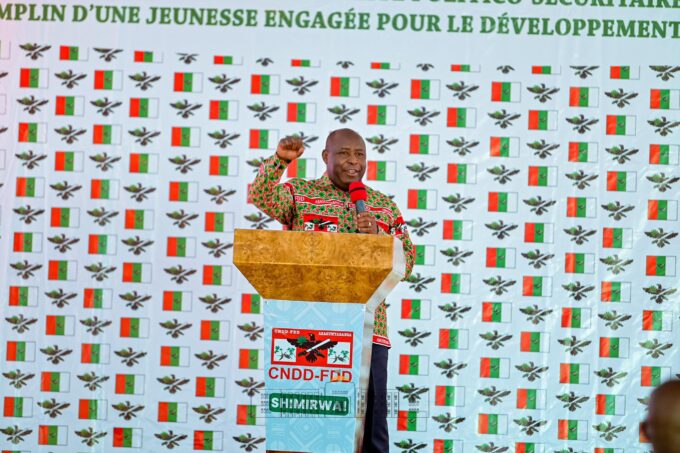
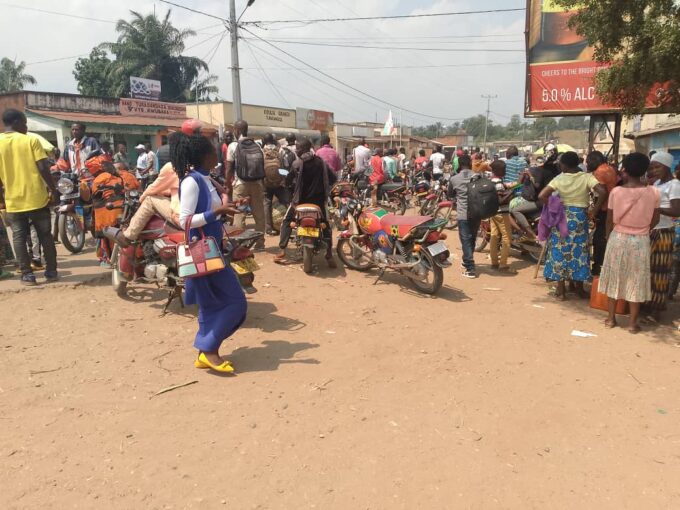
Leave a comment